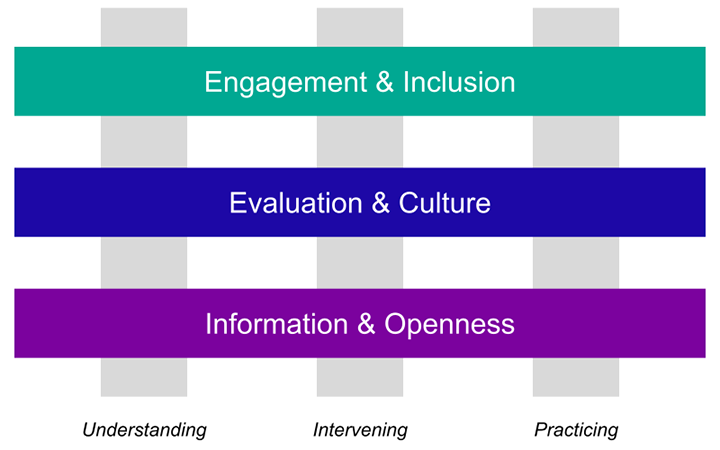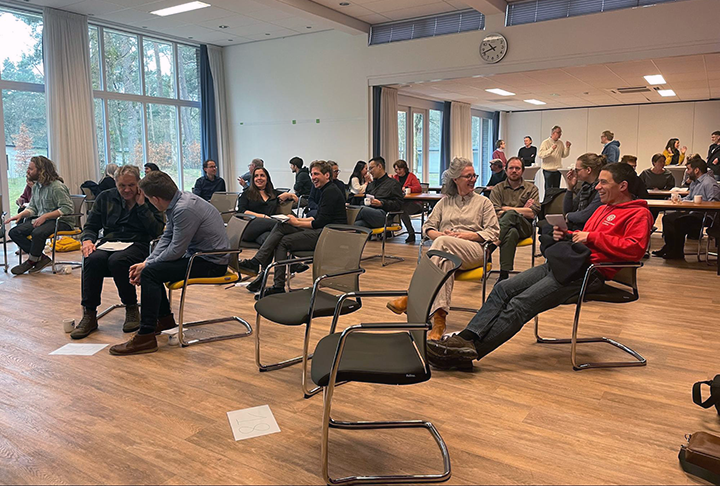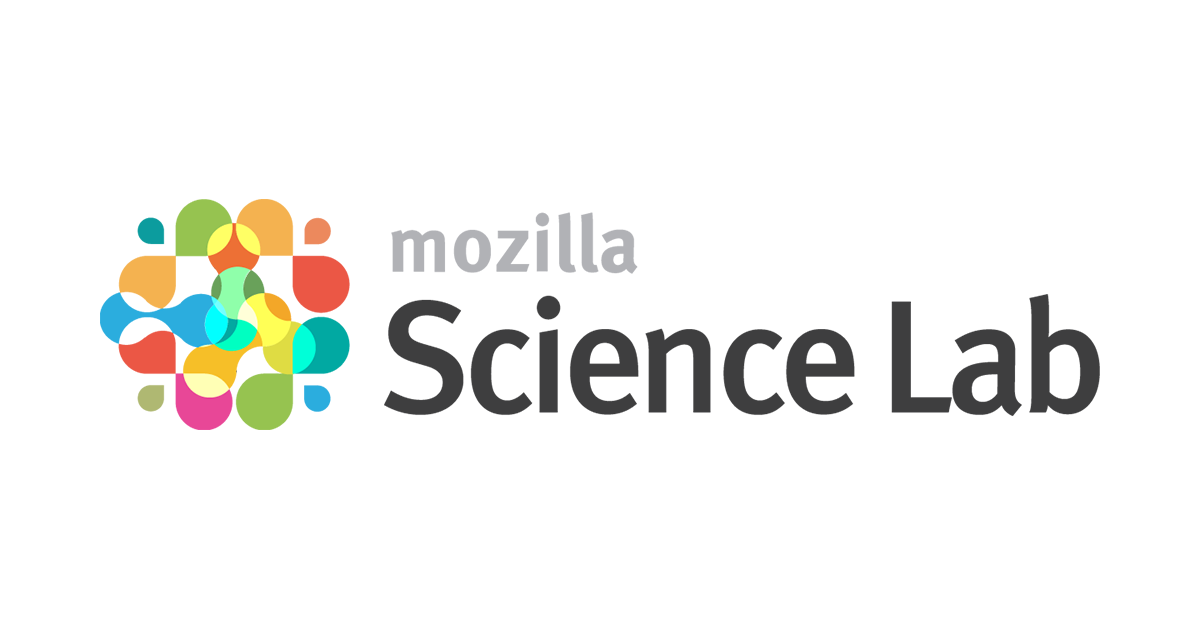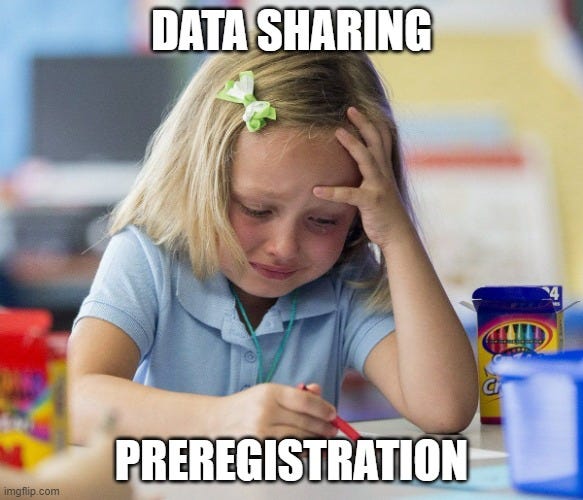
In a previous blog post we introduced the CWTS knowledge agenda 2023-2028. Building on this, in the current post we present the new focal areas in which CWTS organizes its activities. These focal areas address key challenges in the way science is practiced and governed, in particular challenges for which we believe our centre is uniquely positioned to make a difference and to contribute to transformative changes.







